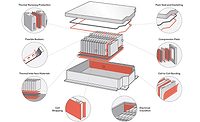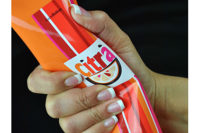Aligning Adhesive Price and Performance
Knowing a few basic distinctions among adhesives could help manufacturers save money and extend the life of their products.
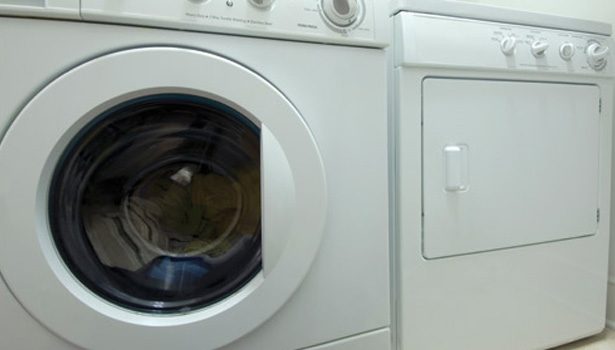
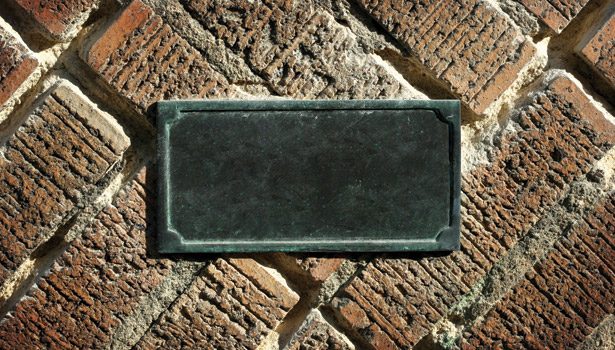
With greater shear and a higher adhesive coat weight, “middle-of-the-road” acrylic adhesives stick to most rough, irregular and porous surfaces.
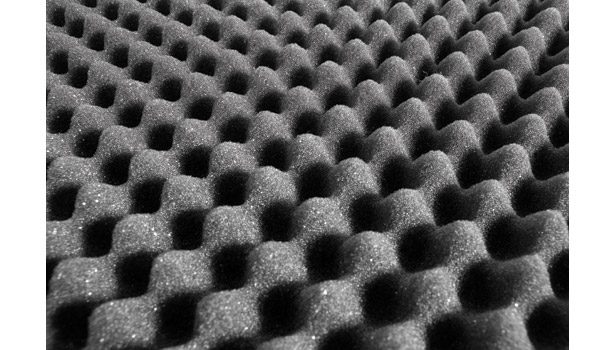
Cost-effective acrylic options can be used for acoustical damping, as damping materials necessitate an adhesive with a strong bond that holds up to various environmental factors.
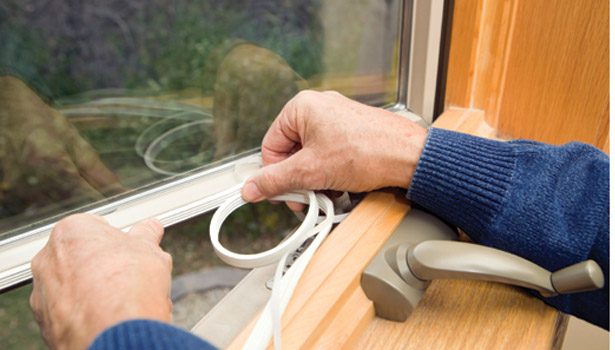
Cost-effective, rubber-based PSAs are good for applications that require less holding power, a lighter adhesive coat weight and less adhesion time than other applications.

High-performance, rubber-based adhesives bond well to low-energy surfaces and deliver strong bonds for the most rough, irregular and porous surfaces.





For technical applications that require some form of adhesion, pressure-sensitive adhesives (PSAs) usually offer the best value, given their affordability, ease of use and clean application, when compared to alternative bonding options like mechanical fasteners or liquid adhesives. PSAs can provide the enduring performance required for the most demanding applications or reliable, inexpensive adhesion for simple or short-term applications. No matter what substrates, environmental conditions, economic factors or terms of adhesion are required, it is likely that one or more PSA options exist to meet the needs of the application.
The ability of PSAs to meet such a wide range of needs is related to the fact that PSA providers often have extremely versatile portfolios of products—especially companies with both the ability to coat PSA products and the ability to formulate their own adhesives to meet specialized requirements. Having so many compelling options at varying price points is certainly helpful, but it can be confusing as well. If you are not an expert on adhesive performance, how do you know what to look for, or whether you are getting the best value based on your application needs?
Rubber vs. Acrylic
One of the biggest differentiations between PSAs has to do with their formulation, and whether they are rubber or acrylic based. While other options (e.g., silicone-based adhesives) do exist, these are typically highly specialized. PSAs composed of rubber or acrylic, on the other hand, have become widely embraced for the trusted performance they deliver for technical applications. Each type has its advantages and disadvantages, and the end-use application of the PSA typically dictates which adhesive type will serve you best.
Rubber-Based Adhesives
Rubber-based adhesives are generally less costly than acrylics, as they have been available for a longer period of time and are often easier to produce. Rubber-based adhesives combine natural or synthetic rubber with tackifying resins, antioxidants, oils or other ingredients, and create excellent bonds. These PSAs are known for their high level of adhesion to a variety of substrates and facestocks, as well as their simple coatability. Since they adhere well to several low-energy surfaces, they also make excellent general-purpose adhesives.
Rubber-based adhesives are often heat-sensitive, however, and are less effective than acrylics in applications that require exposure to high temperatures. The performance of rubber-based adhesives may also suffer as a result of prolonged exposure to UV rays or certain chemicals, and oxidation can cause them to darken and lose tack.
Acrylic-Based Adhesives
While often more costly to produce than rubber-based adhesives, acrylic adhesives offer long-term endurance and environmental resistance properties rarely seen with rubber-based PSAs. They are formulated by reacting and crosslinking monomers with the properties desired for an application to create strong, customized polymers. Acrylic-based adhesives are very durable, offer color stability and clarity, and bond well to polar surfaces like metal or glass. Demonstrating essentially the opposite properties as rubber-based adhesives, they provide excellent temperature, UV, chemical and oxidation resistance, and are often the preferred choice for outdoor applications.
Rubber-based adhesives have come a long way since their inception and now have the versatility to be used in applications that may have previously required acrylic adhesives. Acrylic adhesives, on the other hand, can be highly engineered to exhibit properties that allow them to endure in a wide range of applications. Knowing the general properties of each formulation type is beneficial when choosing a PSA, as is understanding that both rubber- and acrylic-based adhesives can be delivered in varying performance grades that exhibit customized functionality for a variety of applications. A strong familiarity with the specifics of your application helps manufacturers select the best grade of adhesive that delivers the most value for an application.
Price vs. Performance
Both rubber- and acrylic-based PSA formulations are able to deliver various levels of performance. Knowing the extent to which you need the adhesive to hold up over time, which environmental factors it will need to resist, and what, exactly, it will need to stick to are important to ensure you do not over- or under-spend on a PSA.
Rubber-Based PSA Grades
Cost-effective, rubber-based PSAs are good for applications that require less holding power, a lighter adhesive coat weight and less adhesion time than other applications. These are ideal for usage in applications such as:
• Window foam wrap, where an adhesive is needed to bind the foam used to protect windows during shipping or to help them fit into frames
• Flexible magnets, where rubber-based adhesives deliver cost-effective tack for flexible magnet labeling
• Assembly aids, where temporary adhesion is often used to join two parts of a larger object before they are fully assembled
• Other simple applications such as splicing tape, packaging or short-term signage
More advanced rubber-based adhesive options can deliver stronger bonds at a higher adhesive coat weight and can stand up to higher temperatures while maintaining a reasonable price point. These options are ideal for more demanding applications such as:
• Point-of-purchase (POP) hang tabs that require higher shear and holding power for heavy loads
• Automotive components such as anti-lock brake systems that require low-energy surface adhesion and resilience to movement and temperature fluctuations
• Foam lamination applications that need adhesives that can flow into porous materials, such as foam dampening material, for high levels of tackiness
• Other applications, such as carpet tape, sanding disks, polishing pads and printing plate mounting
Finally, high-performance, rubber-based adhesives come at a high coat weight and price point, but can deliver an aggressive bond that persists even at temperatures up to 180°F. These PSAs bond well to low-energy surfaces and deliver strong bonds for the most rough, irregular and porous surfaces. Examples of ideal applications include:
• Banner assembly, where strong adhesives are needed to secure banner material all the way around, connecting grommets and eliminating the need for stitching
• Foam gaskets, which require an adhesive that anchors into porous surfaces to allow adhesion between two very dissimilar surfaces
• High-shear assembly aids, which need an aggressive and highly heat-resistant adhesive to provide the bonding power needed for some assembly applications
• Other specialized applications such as HVAC systems, open-cell pipe insulation closures, fiberglass pipe insulation closures and decorative wall mounting
Acrylic-Based PSA Grades
While acrylics may be more costly than rubber-based PSAs in general, cost-effective acrylic options can provide a reliable balance between adhesion and environmental resistance properties, such as UV, heat and chemical resistance. Examples of applications where these PSAs excel include:
• Window setting blocks, which require adhesives that stick firmly to windows to provide an economical solution in a common application
• Acoustical damping, as damping materials necessitate an adhesive with a strong bond that holds up to various environmental factors
• Other applications, such as splicing tape, packaging, short-term signage and stationary assembly
“Middle-of-the-road” acrylic adhesive options offer more advanced heat and chemical resistance required by many applications at a modest price. With greater shear and a higher adhesive coat weight, these adhesives stick to most rough, irregular and porous surfaces. Ideal applications for these PSAs include:
• Paneling and kick plate materials used in commercial building that must be secured with an enduring adhesive that exhibits resistance to tough chemicals and maintains a strong bond even in the face of temperatures approaching 350°F
• Extruded seals, which require an adhesive with strong holding power and high heat resistance properties
• Foam gasket applications, which, while sometimes serviceable with rubber-based adhesives, can require the high temperature and chemical resistance properties of an acrylic solution
• Other applications, such as bonding vinyl, general purpose nameplate creation, POP/signage and HVAC systems
For the most demanding technical applications that require an enduring performance, highly specialized acrylic-based adhesives can deliver unmatched performance. These PSAs feature the ultimate combination of holding power and heat resistance, and shine in applications such as:
• Harsh environmental nameplates, such as those displayed on lawnmowers and power equipment, which are exposed to severe environmental threats and must bond to extremely low-energy surfaces
• Exterior decking and flooring that require a superior adhesive with the durability and performance to stand up to the harshest conditions
• Low surface-energy metal and powder-coated paint applications that demand adhesion to very slick surfaces and require an engineered PSA that provides a lasting bond on smooth or textured surfaces that may be exposed to UV, heat or chemicals
• Other demanding applications, such as long-term signage, electronic device assembly and membrane switch assembly
Knowledge is Key
Clearly, many PSA options are available to deliver a wide range of performance at very different price points, but understanding the demands of your application can help you ensure the adhesive you select matches up with your exact needs. Depending on your application, you may need to consider other features of a PSA, such as the construction or method of creation, as some sensitive applications may be better suited for a clean, environmentally friendly, 100% solid adhesive coating over a more traditional solvent-based or UV coating method.
New applications and substrates are constantly coming into the market. The selection of new and improved adhesives continues to grow, resulting in potential dramatic changes from what was used a few years ago. Long-standing, knowledgeable PSA suppliers with formulation and coating expertise can offer the most insight into specific questions such as this, as they are the most informed on the properties of the PSAs they produce. With a basic understanding of PSA properties and the benefits of a supplier’s knowledge, you will be well on your way to ensuring you are implementing the adhesive solutions that will best serve your needs.
For additional information, visit www.mactac.com/technical.
To learn more about pressure-sensitive adhesives, visit www.adhesivesmag.com/PSAs!
Looking for a reprint of this article?
From high-res PDFs to custom plaques, order your copy today!




